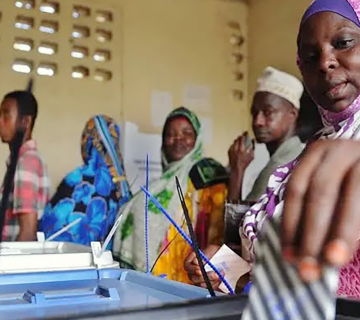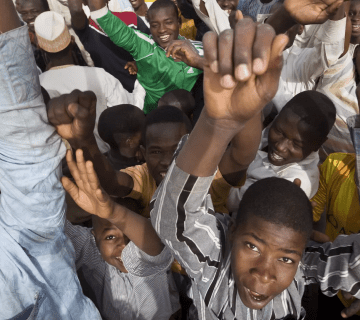The country is caught in a backlash from the international community and development partners for its recent human rights records, especially in respect of girls’ rights to education, same-sex, and press freedom. On November 13, 2018, the World Bank cut USD 300 Million loan to the government of Tanzania, meant for supporting secondary education, following the government policy to ban pregnant girls from public education. On November 14, 2018, Denmark also cut its aid to the country citing persecution of the gay and lesbian community in Tanzania. President John Magufuli’s government has also shut down media outlets ranging from radio stations to newspapers, and arrested members of the press. The latest such incident is the arrest and detention of Africa program coordinator at the Committee to Protect Journalists, Angela Quintal and the sub-Saharan Africa representative MuthokiMumo in Dar es Salaam on November 07, 2018.
Amid the violations of freedoms and rights, and political party defections ongoing at Council and Parliamentary levels, from the opposition party (Chama cha Demokrasia) to the ruling (Chama cha Mapinduzi) party, Tanzania is drifting into semi-authoritarian rule. Which might undermine the growth of its democracy in the future. The ban on pregnant girl’s right to education is a serious revision, which might undermine the position of women in the Tanzanian society, and undercut their social and economic mobility. President Magufuli should reconsider this policy and ensure equality, and more access to education by girls. The government should also slow down on the path to semi-authoritarianism, open up political and public space, and submit to the rule of law. Losing the support of the international community and development partners is significantly damaging to its legitimacy and commitment to development goals.



